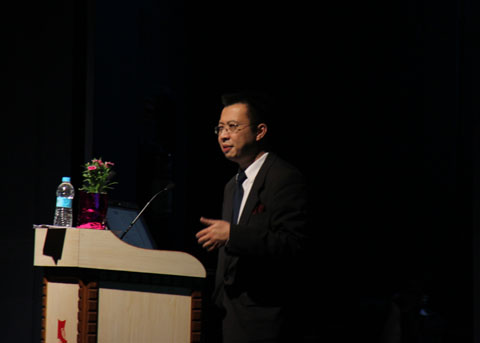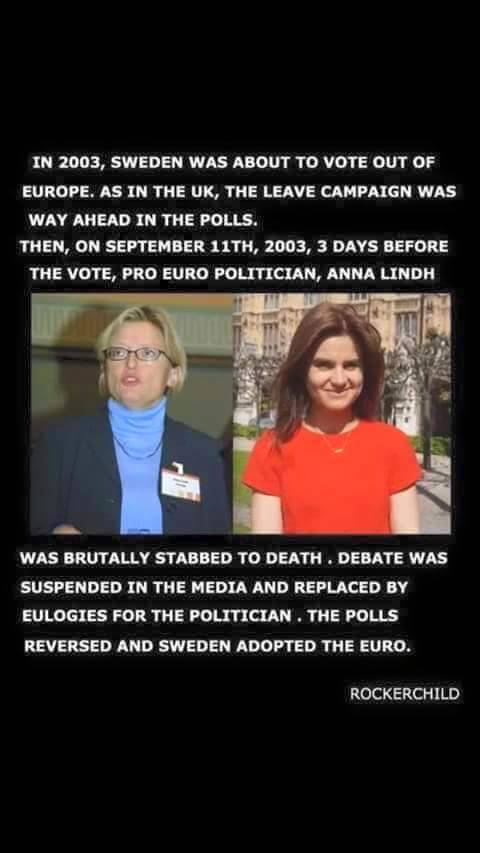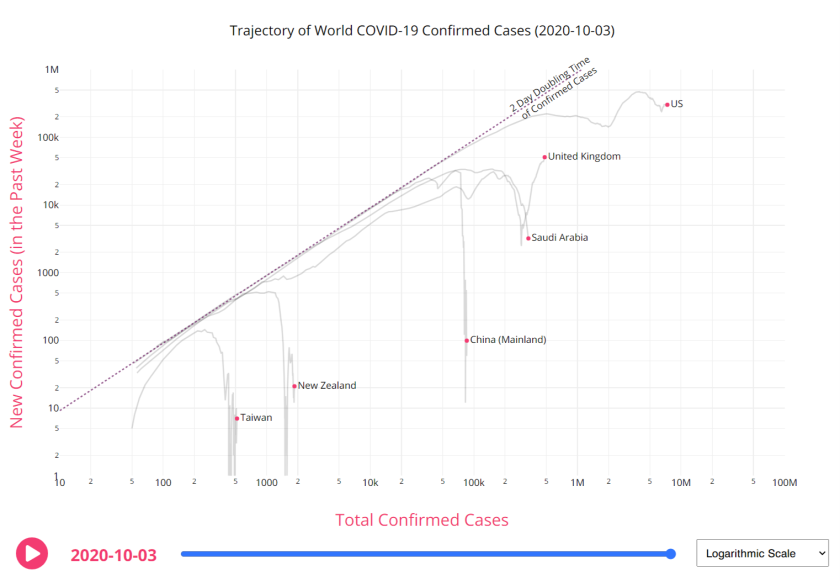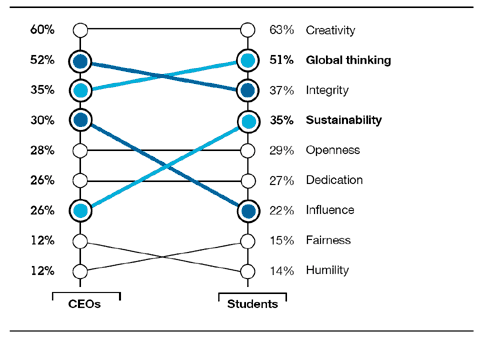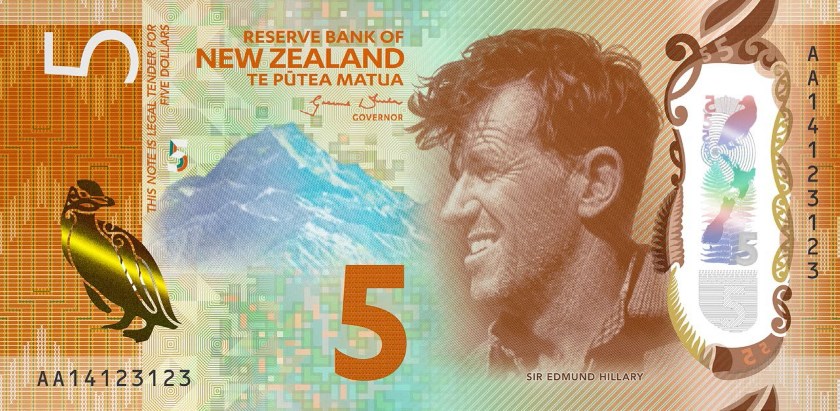
Above: When I refer to Hillary in the below blog post, I mean the self-professed ‘ordinary chap’ on our $5 note.
As the results of the US presidential election came in, I didn’t sense a panic. I actually sensed a great opportunity for New Zealand.
I’ve been critical of the obsession many of our politicians have had with the US, when they were in an excellent position to carve our own, unique path as a country. Aotearoa, with its bicultural roots and multicultural awareness, has the advantage, in theory at least, of appreciating traditional notions of Māori and what had been imported via pākehā; and on an international scale, our country has sought trading partners outside the Anglosphere, having been pushed into it by factors outside our control. The loss of the UK as an export market and the damage to New Zealand–US relations in the 1980s might have seemed anathema at the time, but they pushed this country into new relationships, which now looks prudential.
New Zealanders are welcomed wherever we go, our passports aren’t looked down upon, and we still largely enjoy a freedom of movement and safe passage without much hindrance. And it’s a reality that the centre of the global economy has been shifting eastward over the last decade.
We don’t need something like TPPA in order to form trading relationships with China, and when I went to India on two occasions, there was a great acceptance of the potential of a trade deal with another cricketing country. In fact, my audiences, whenever I gave a speech, were rather miffed that we hadn’t gone to them first. But we only make good negotiators when we deal with our own cultural issues successfully, for how else can we claim to understand others and then do a deal? Deal-making, regardless of what certain American politicians might tell you, comes from understanding the other side, and at our best New Zealanders are good at this. It’s why we need to confront our own racism head-on and to say: this shit needs to stop. In fact, this shit needn’t even be an issue. We’re too small a country not to be working together, and we need knowledge of all the cultures that make up Aotearoa now more than ever.
We are frequently confronted with the need to look at our national character. Perhaps an early sign of it was in the 1970s with the Commonwealth Games in 1974; certainly I’ve noticed New Zealanders begin to find our own identity as a Pacific nation, not a post-colonial Anglosphere satellite. We’re beginning to discover our national brand. And wherever you were on the flag debate, at least that, too, forced us to consider who we are. The sense I got was that we want change, but we didn’t like the design—but certainly there’s no real fondness to be tied to Empah. Anti-Americanism over the years suggests that there’s no real desire, either, to keep importing economic ideas, corrupt governmental practices, and failed health care policies, even if certain political and economic élites seem drawn to them.
We know where they will lead: greater divisions between rich and poor, educated and uneducated, urban and rural. Those tendencies exist but here is an ideal opportunity to nip them in the bud. History has taught us sensible solutions, more humane solutions, that at least recognize human actors, social responsibility, and kaitiaki. The younger generations have accepted these as they have grown up in a globalized world, and we can see that in their own consumer choices, where they favour responsible companies, those that have a cause. They believe in a form of global citizenship, and want to be treated as such—and those ideas are present in their politics, too. It is right for people like my friend Simon Anholt to run global polls on matters that influence us all, including the US elections, and realistically it will be our technology and the free sharing of ideas that will help with our progress as a planet. If we seek our own destiny, we at least will be able to show some leadership again—and then we’ll really have something to talk about.
When I was in Reefton last month, the first place in New Zealand to get electricity, I noted that it was up to a bunch of mavericks who brought this newfangled technology in. New Zealand suffragettes won their battle first to secure women the vote. And another person called Hillary succeeded where no other had done so before when ‘We knocked the bastard off.’ Kiwi leadership isn’t new to us, but in recent years I held a great fear that we had lost our mettle. That did indeed spur me to run for office, among other factors, to say to people: stop listening to foreign companies and foreign-owned media who don’t have New Zealand interests at heart. New Zealand has been filled with people who call themselves ordinary but it’s always been those—like Sir Ed—who have shown real leadership, not some political lobbying group in another hemisphere. But you can only be great without following, and it’s high time we stopped following divided nations and recognized that we already have the right stuff—and by that I mean our smarts, our innovation, and our independently minded way of thinking.

